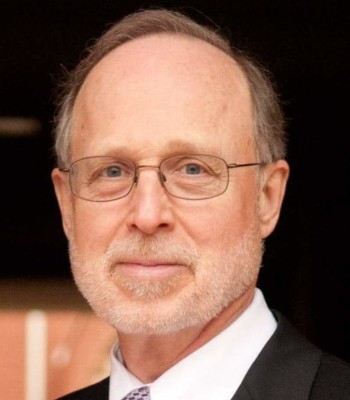crosswatt
Well-known member
Offline

Trump Should Be Removed from Office - Christianity Today
It’s time to say what we said 20 years ago when a president’s character was revealed for what it was.
Just wow. This paragraph perfectly sums up my opinion since day one, and the opinion of so many believers who don't feel comfortable losing fellowship over the misguided support the Christian community has undeservedly offered this man. I honestly cannot believe that an organization is finally saying it.
To the many evangelicals who continue to support Mr. Trump in spite of his blackened moral record, we might say this: Remember who you are and whom you serve. Consider how your justification of Mr. Trump influences your witness to your Lord and Savior. Consider what an unbelieving world will say if you continue to brush off Mr. Trump’s immoral words and behavior in the cause of political expediency. If we don’t reverse course now, will anyone take anything we say about justice and righteousness with any seriousness for decades to come?

